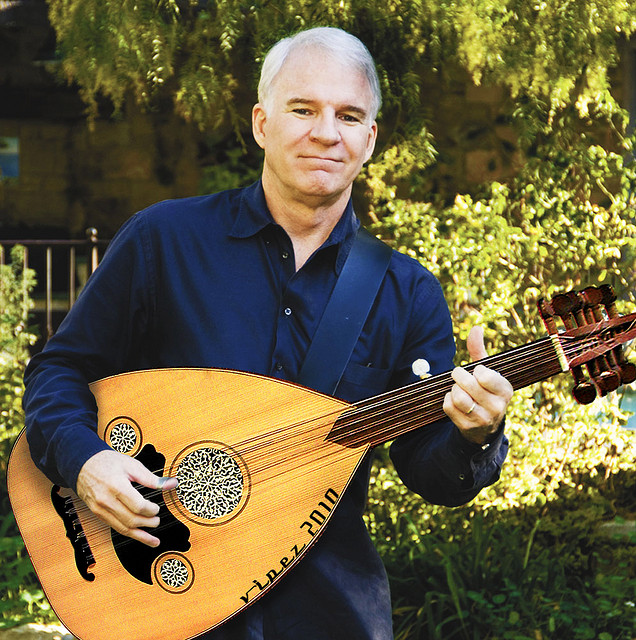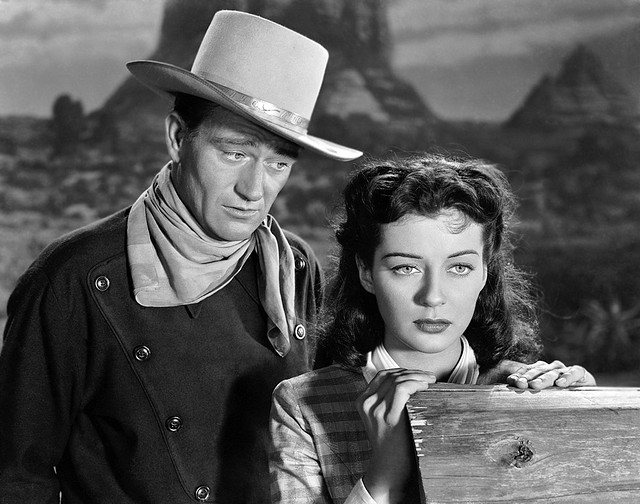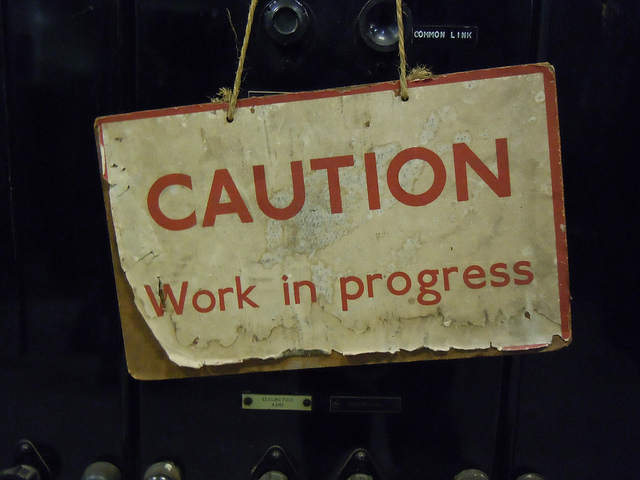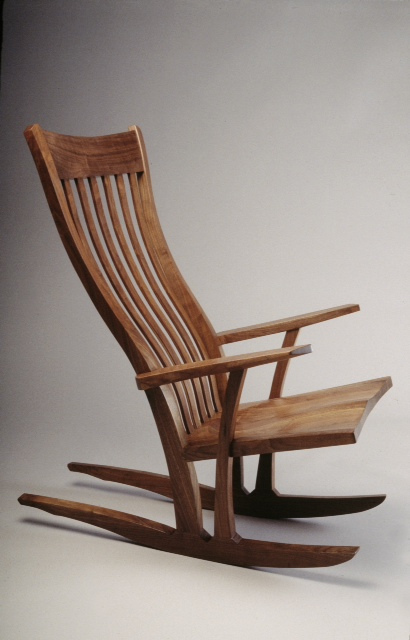“When nobody around you seems to measure up, it’s time to check your yardstick.”
—Bill Lemley, Writer

Photo from Flickr by Melissa
How do you measure up against the standards that society sets for you in your professional and personal lives? What yardsticks do you use to define success or failure?
What standards do you set for yourself regardless of those set by others?
How do the people in your life measure up against these yardsticks, and if they happen to come up short, what ramifications does this have on your relationships?
EXERCISE:
The world where no one is good enough to please you has dreadful consequences. Spend some time answering the questions above and then take the necessary steps to modify your measures of success — particularly if you notice that nobody in your world measures up.









